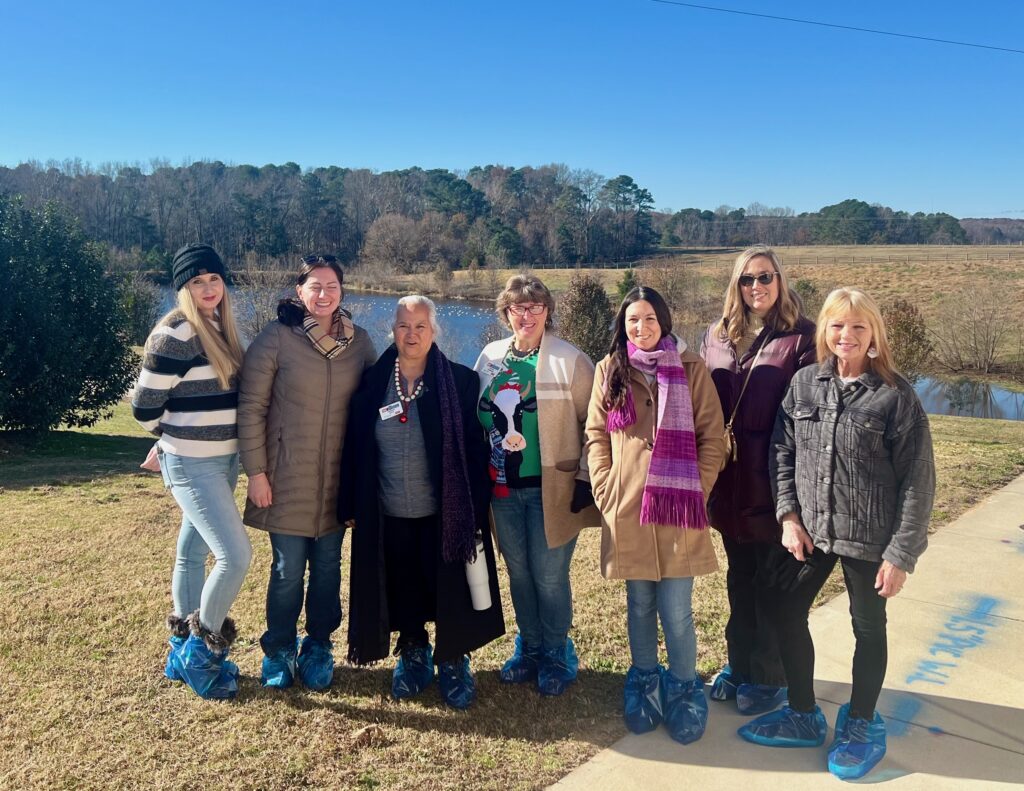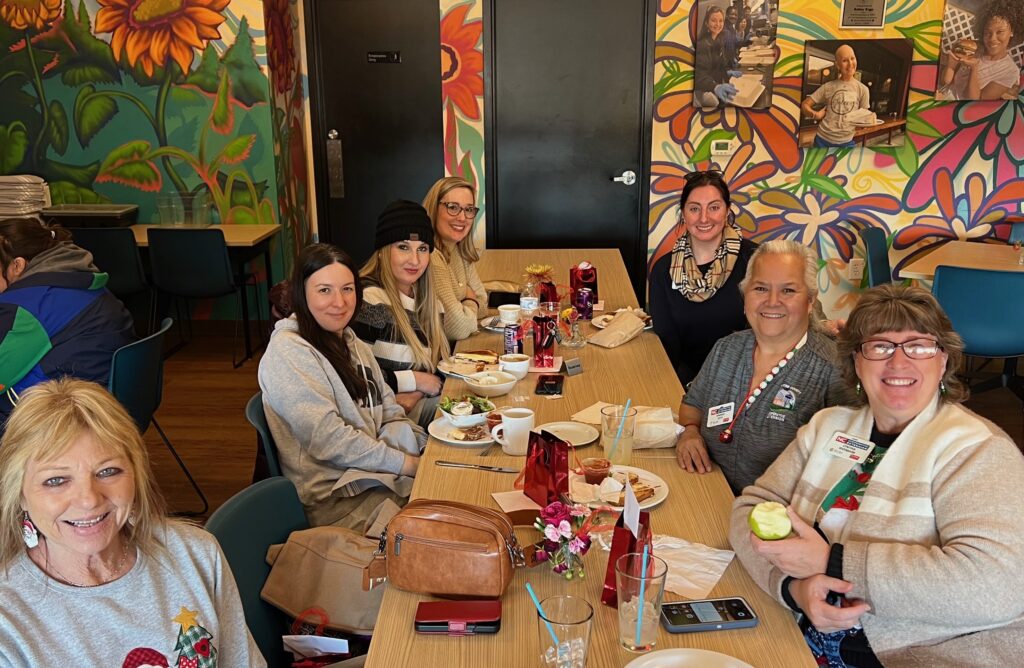Exploring Local Food Systems and Community Solutions
go.ncsu.edu/readext?1043225
en Español / em Português
El inglés es el idioma de control de esta página. En la medida en que haya algún conflicto entre la traducción al inglés y la traducción, el inglés prevalece.
Al hacer clic en el enlace de traducción se activa un servicio de traducción gratuito para convertir la página al español. Al igual que con cualquier traducción por Internet, la conversión no es sensible al contexto y puede que no traduzca el texto en su significado original. NC State Extension no garantiza la exactitud del texto traducido. Por favor, tenga en cuenta que algunas aplicaciones y/o servicios pueden no funcionar como se espera cuando se traducen.
Português
Inglês é o idioma de controle desta página. Na medida que haja algum conflito entre o texto original em Inglês e a tradução, o Inglês prevalece.
Ao clicar no link de tradução, um serviço gratuito de tradução será ativado para converter a página para o Português. Como em qualquer tradução pela internet, a conversão não é sensivel ao contexto e pode não ocorrer a tradução para o significado orginal. O serviço de Extensão da Carolina do Norte (NC State Extension) não garante a exatidão do texto traduzido. Por favor, observe que algumas funções ou serviços podem não funcionar como esperado após a tradução.
English
English is the controlling language of this page. To the extent there is any conflict between the English text and the translation, English controls.
Clicking on the translation link activates a free translation service to convert the page to Spanish. As with any Internet translation, the conversion is not context-sensitive and may not translate the text to its original meaning. NC State Extension does not guarantee the accuracy of the translated text. Please note that some applications and/or services may not function as expected when translated.
Collapse ▲At a recent Region Meeting, EFNEP Educators from Southeast counties had the chance to dive into two exciting and impactful local initiatives! First, they explored the rich history of dairy farming at the Raleigh Dairy Heritage Museum, where they learned about the production process behind the iconic Howling Cow ice cream and the museum’s role in preserving the area’s dairy heritage. The visit offered a behind-the-scenes look at dairy farming, providing new insights that can help educators share the importance of local food systems with their communities.

Next, the group participated in a Lunch and Learn at A Place at the Table, Raleigh’s first pay-what-you-can cafe. Here, they discovered how this innovative restaurant is tackling food insecurity by making nutritious meals accessible to everyone—no matter their financial situation. The experience offered a powerful example of how community-driven solutions can make a real difference in addressing hunger. These learning experiences not only deepened the educators’ knowledge but also sparked new ideas for how they can bring awareness to both local agriculture and food access issues in their work.

-Emily Pendergrass, Regional Nutrition Extension Associate


